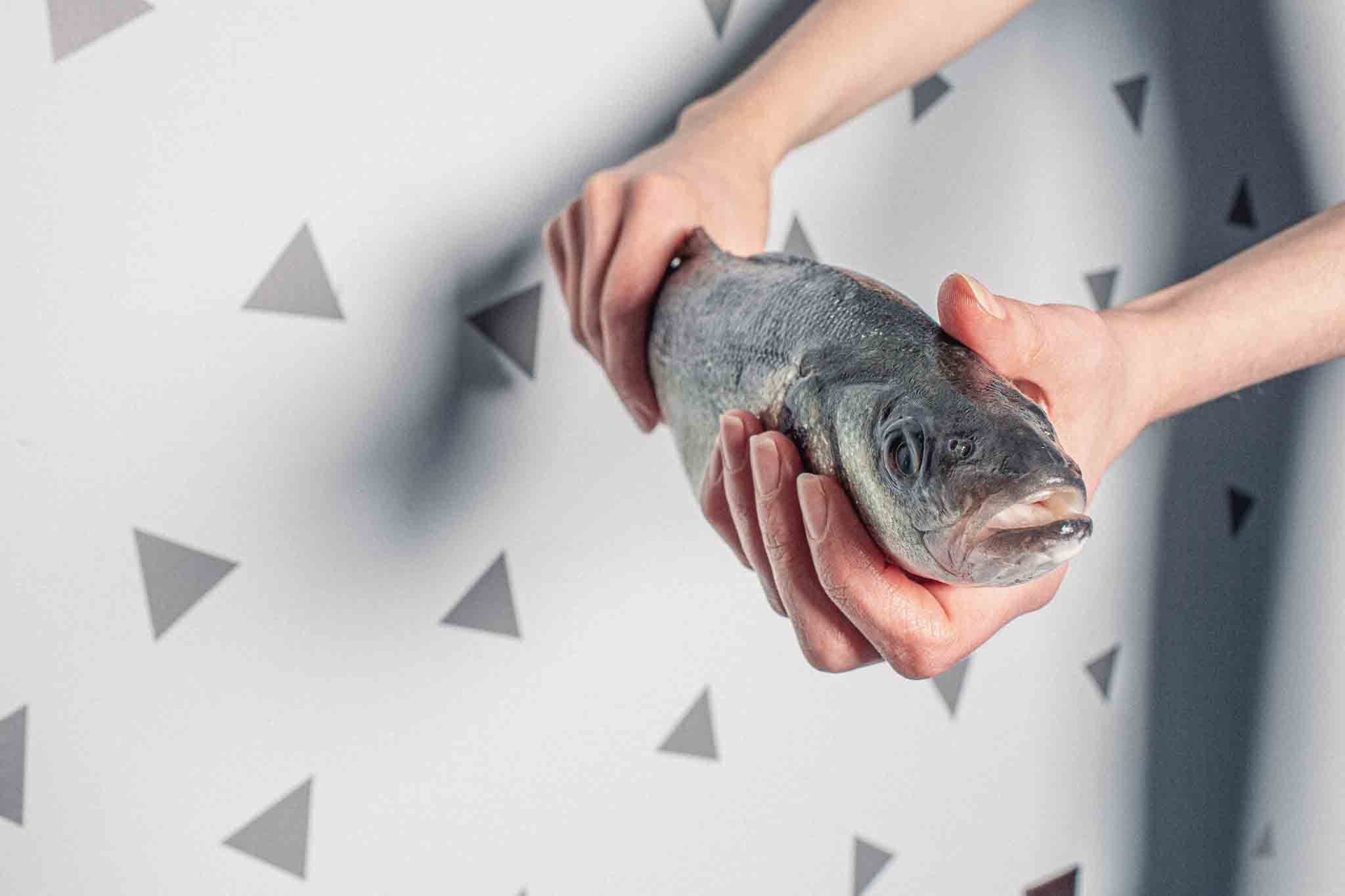Everything—and I mean everything—is built upon relationships with other people.
Without them, there would be no friendship, no love, no business, no purpose. Life’s most fulfilling moments stem from our connections, and yet, relationships are often where we stumble the most. Why? Because we’re human—and humans are a wonderfully complicated mix of hopes, flaws, and quirks.
In order to develop better relationships and lay a strong foundation to new ones, let’s explore the unhelpful habits that often undermine our connections (the perils), and the helpful skills that deepen them (the pearls). Because the quality of your life really does depend on your relationships. And you have much more power over them than you thought.
Perils: The Habits That Undermine Relationships
1. Thinking You’re Always Right
Being “right” can feel satisfying in the moment, but it’s not worth the price of damaging a relationship. When winning an argument becomes more important than understanding the other person, you’ve already lost.
Example: Imagine arguing over whose memory of an event is correct—when the reality is, both perspectives matter because they reveal how each person felt. Instead of debating, ask, “Why was this important to you?”A simple shift to curiosity can transform conflict into connection.
2. Refusing to See From the Other Person’s Perspective
It takes effort to truly step into someone else’s shoes, but empathy is the cornerstone of connection. Before jumping to any conclusions, consider the other person may have had a tough day or hit an unexpected hurdle that has resulted in them not meeting your expectations. Give them the benefit of doubt of with a seasoning of kindness.
Example: If a friend is late, resist assumptions. Instead of, “Why can’t they respect my time?” try, “Are you okay? You seemed rushed getting here.” A little grace can go a long way.
3. Holding Unrealistic Expectations
Unrealistic expectations create invisible hurdles for the people in our lives. They can’t read our minds or live up to fantasies we’ve created about who they “should” be.
Example: Expecting your partner to always plan the perfect date or your friend to always pick up the phone immediately leads to frustration. Instead, communicate your desires clearly—and be flexible.
4. Wanting People to Change
Change is an inside job. Trying to force someone to grow on your timeline will only create resistance.
Example: If a loved one struggles with punctuality, micromanaging them or expressing constant frustration isn’t the answer. Encouragement and patience are far more effective. Celebrate small improvements instead of demanding perfection.
5. Comparing Your Relationships to Others
Social media highlights make every relationship look perfect, but comparison is the thief of joy.
Example: Scrolling through photos of someone else’s “picture-perfect” vacation or date night can make you feel like your own relationships are lacking. Instead, focus on what makes your connections special and unique.
6. Gossiping or Speaking Ill of Others
Gossiping might feel like a bonding experience, but it breeds distrust. When people see you speaking negatively about someone else, they’ll assume you might do the same to them.
Example: When a coworker messes up, instead of venting to others, try this: “Let’s figure out how to support them so this doesn’t happen again.” It builds integrity and trust.
Pearls: The Skills That Deepen and Strengthen Relationships
1. Being a Good Listener
Listening isn’t just about hearing words; it’s about making the other person feel seen and valued.
Example: Instead of multitasking while someone talks, give them your full attention. Paraphrase their feelings to let them know you’ve heard them: “So, you’re overwhelmed by work—what’s been the toughest part?”
2. Taking Time to Know the Whole Person
Surface-level connections don’t stand the test of time. Deeper connections grow when we embrace both strengths and flaws.
Example: Ask meaningful questions like, “What’s your dream job?” or “What’s the biggest lesson you’ve learned recently?” Such moments in conversation build trust and intimacy.
3. Praising Specifically and Sincerely
Generic compliments fade quickly, but specific, heartfelt praise leaves a mark.
Example: Instead of, “You’re so smart,” say, “The way you explained that complex topic was brilliant—you made it so easy to understand.”
4. Advising Without Patronizing
Nobody likes to feel talked down to. The best advice feels collaborative, not condescending.
Example: Replace, “You should’ve done this” with, “Here’s an idea that’s worked for me—do you think it might help?”
5. Being Reliable and Consistent
Trust grows when people know they can count on you.
Example: Show up when needed and follow through on promises. When you can’t, be honest about and protective of your boundaries while communicating good intent: “I can’t help you move this weekend, but I’d love to help you unpack afterward!”
6. Cultivating Gratitude in Relationships
Gratitude is the glue that holds relationships together.
Example: Thank your partner for doing the dishes, your friend for listening, or your coworker for their effort. Small acknowledgments build lasting goodwill.
The Big Picture: Why Relationships Matter
At their core, relationships are where we learn, grow, and find meaning. They challenge us to practice patience, forgiveness, and selflessness. They remind us that we are not alone – that our joys are brighter when shared and our burdens lighter when carried together.
The journey to better relationships isn’t about perfection—it’s about intention. Replace judgment with curiosity, frustration with empathy, and criticism with encouragement. When you focus on becoming the best version of yourself, something remarkable happens: others rise to meet you with the same energy.
Remember that every interaction is an opportunity to strengthen the threads of connection that hold our lives together. So, let’s embrace the pearls and let go of the perils, and nurture the connections that make life meaningful.
Get into the habit of letting go of what no longer serves you and welcoming things that do.
This is as true for any habits that undermine your relationships, as it is for relationships themselves. Make sure to regularly assess your connections and your reasons for being in them. Do you have a friend that’s driving you mad but you keep seeing him or her because “you’ve always been friends”? On the contrary, is there someone that you should be paying more attention to?
Say goodbye to the unhelpful, nurture the meaningful, and watch your relationships—and your life—flourish.
Smart connections, better outcomes.
The Classroom of Self
If you are enjoying our content, please consider helping us carry on 🙏✨
You can do so via the hassle-free, safe and fantastic Buy Me a Coffee ☕️
Just hover over the yellow coffee cup floater ↘️





